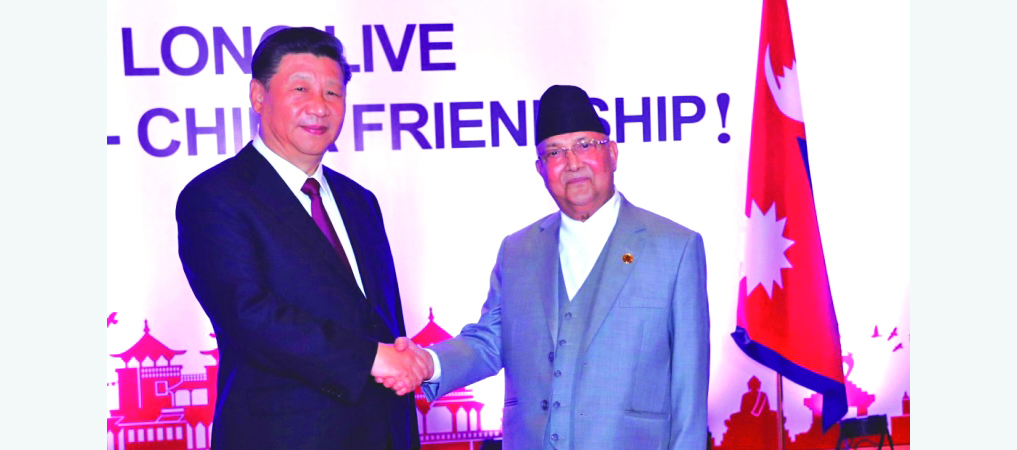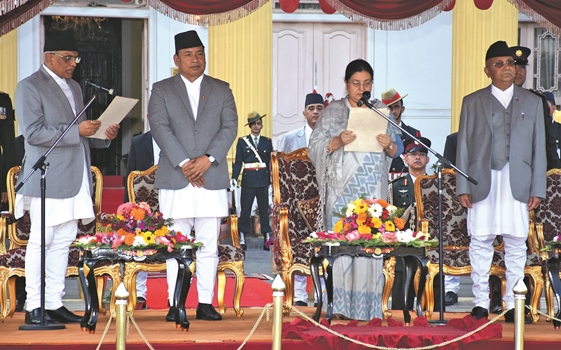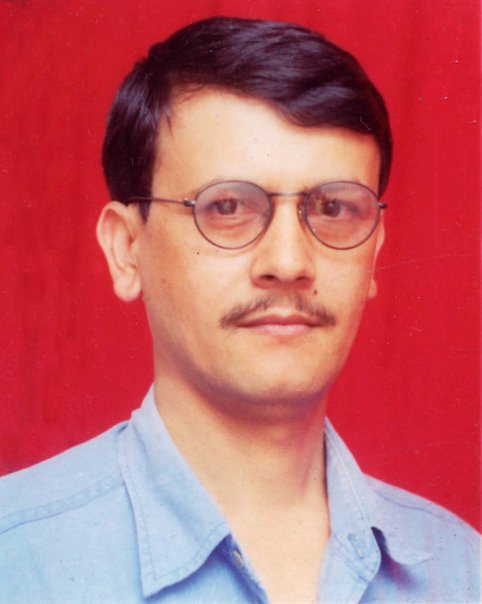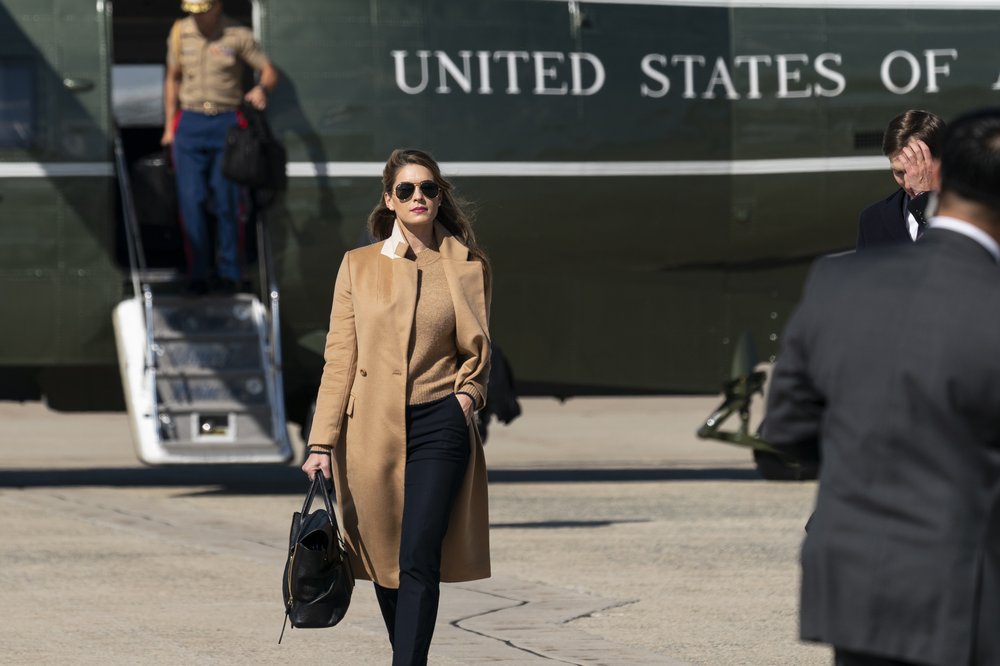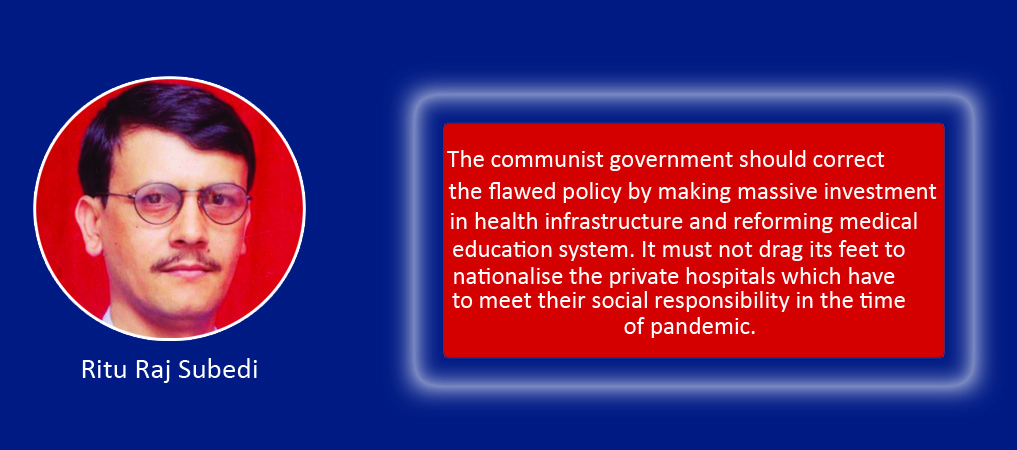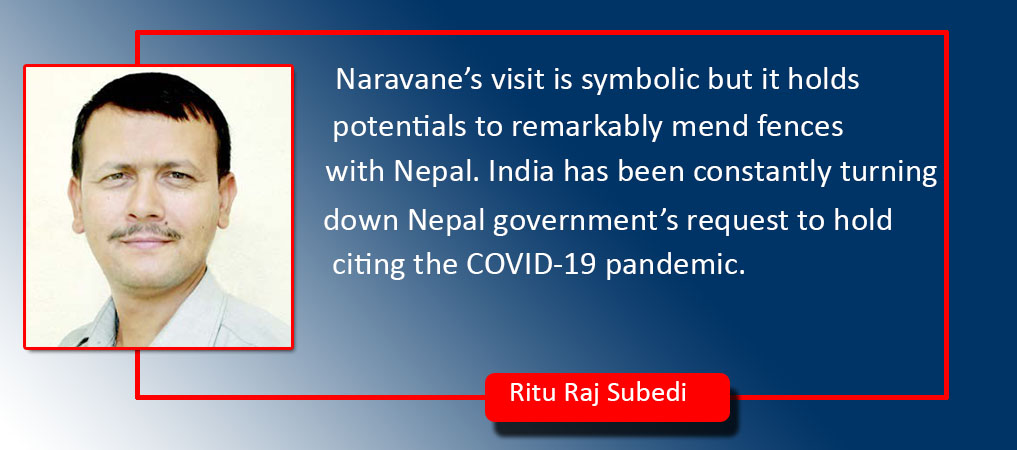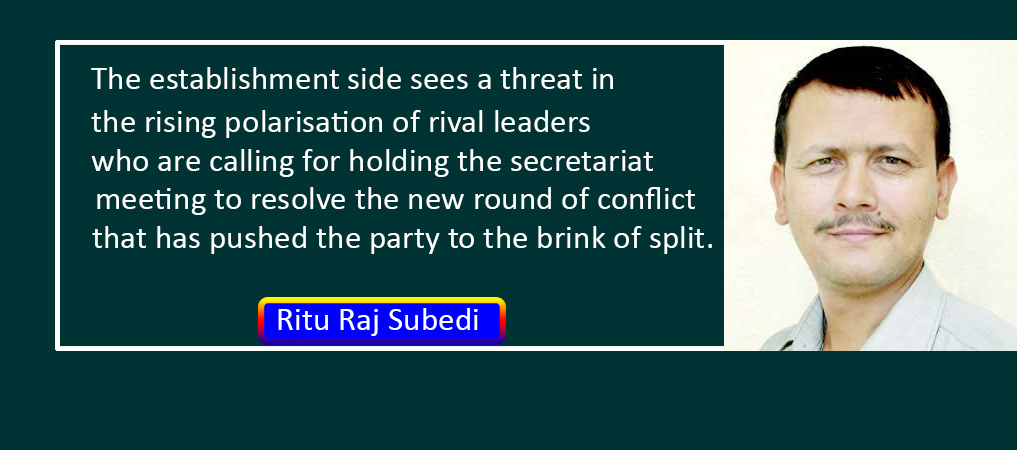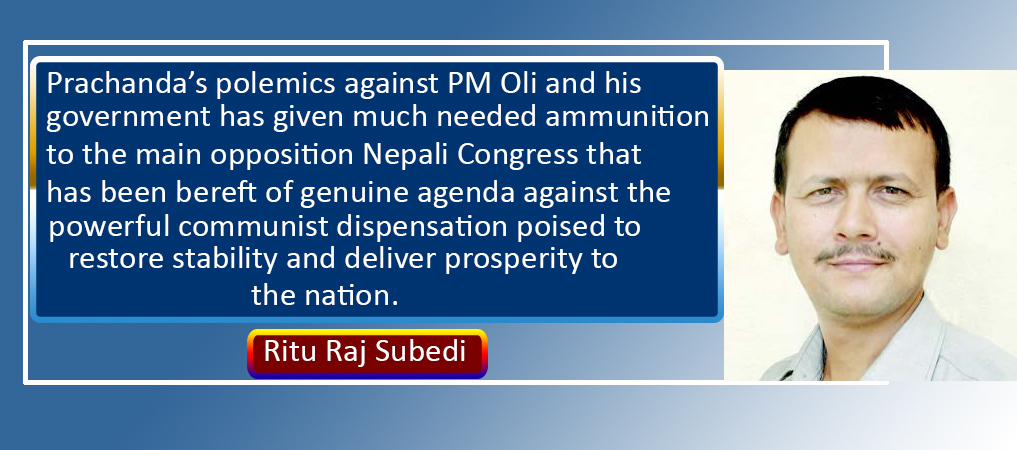Impeachment Against CJ Rana Can It Revitalise Judiciary?

Ritu Raj Subedi
The continued disruption of the House of Representatives (HoR) by the main opposition CPN-UML has brought the parliamentary business to a standstill. At the moment, the House obstruction has hindered pushing the impeachment motion against suspended Chief Justice Cholendra Shumsher Rana and tabling the Millennium Challenge Corporation (MCC) Nepal Compact.
The censure motion against CJ Rana has sent ripples to Nepali politics. Altogether, 98 lawmakers of ruling coalition parties had registered the motion against Rana last Sunday. In the motion, they have made 21-point charges against him. The move came at a time when the judiciary emerged as an important actor in shaping the political course especially after the dissolution of HoR in December 2020. The ruling parties decided to prosecute Rana almost after 100 days of the protests of Nepal Bar Association (NBA). NBA has demanded his resignation, citing that he is unfit for the judiciary’s highest post. The justice execution was paralysed with the continued protests of NBA while the SC judges had refused to share bench with Rana, questioning his competency and ethical integrity.
Anomalies
With CJ facing automatic suspension, the apex court has returned to normalcy. On Friday, Acting Chief Justice Deepak Kumar Karki convened a full court meeting and decided to implement a report of a committee formed under SC judge Hari Krishna Karki. It has recommended a number of suggestions to do away with anomalies besetting the judiciary. One of the accusations against Rana is that he showed apathy towards implementing the Karki report. Now the parliament requires forming an 11-member Impeachment Recommendation Committee to investigate the charges levelled against Rana. It can take three months to probe the charges and Rana can defend himself against the allegations before the committee. He will be removed from the post if the parliament approves the impeachment motion with two-thirds majority of total members of the Lower House.
The ruling parties do not have required number of lawmakers to get through the censure motion in the HoR. The UML's support is necessary to endorse the motion. But for the opposition, the impeachment proposal was like a bolt from the blue. It has decided to counter the motion but a large number of UML lawmakers are against defending Rana in the parliament. The media reports have cited that UML has already collected the signatures of its lawmakers to impeach four judges who issued a verdict to reinstate the dissolved parliament and ordered to form a government under Sher Bahadur Deuba. Sensing that the counter impeachment motions can boomerang against itself, the UML has shelved it for now.
Suspended Rana has become the most controversial CJ in the judicial history of Nepal. He had earned praise when a five-member constitutional bench, led by him, reinstated the dissolved HoR in July last year. But he was unable to retain this popularity and prestige for long. Rather, he was alleged to have abused his power and post for the personal interest. He reportedly bargained with the executive to have share in the Cabinet and various constitutional bodies which defiled the sanctity of judiciary considered the last resort to put curb on the authoritarian penchant of the executive.
In their 21-point charge-sheet, the ruling parties have stated that Rana has become incapable to safeguard Loktantra, human rights, justice for the people, rule of law, supremacy of constitution and independent, competent, impartial and responsible judiciary. “During his tenure, the elements of anomalies, discrepancies, corruption and bichauliyas (middlemen) entered and increased their influence in SC and judiciary.” Nepal’s constitution has envisioned an independent and responsible judiciary, and has set conditions of services and facilities for the judges accordingly so that they discharge their duty without fear or favour. “However, Rana tore down the sacred objectives of constitution and (mis)used his post like his private entitlement.”
Rana has been accused of issuing controversial and objectionable decisions one after another that go against the dignity of his post and ethical conduct. Being the final interpreter of constitution, the judiciary must be competent, fair and free from corruption so as to make it functional and dynamic. CJ’s competency, integrity, constitutional morality and conduct is most important in implementing the philosophy intrinsic to the constitution but “Rana lacks all these virtues and characteristics.”
The ruling parties' lawmakers insist that he obstructed the works related to the Constitutional Bench and repeatedly postponed the case related to former DIG of Armed Police Force Ranjan Koirala convicted of murdering his wife. A bench comprising Rana and Justice Tej Bahadur KC decided to curtail the life imprisonment sentence by 11 years. The Office of the Attorney General had filed a petition at the SC in July 2020, demanding the review of this decision that drew widespread ire. Rana repeatedly postponed the hearing of this case that only painfully reminds us of a legal maxim: Justice delayed is justice denied. He even publicly defended his decision to cut the prison term of Koirala which “goes against the prestige and dignity of his post.”
Another serious allegation against Rana is that he was reluctant to appointing the judges in the Special Court formed to ensure the swift hearing of corruption-related cases. This lackadaisical tendency has “obstructed the special justice execution.” In legal system, it is precedent for the judges to avoid potential conflict of interest while dealing with the lawsuits but Rana was accused of going against this legal tradition. The Constitutional Bench had decided that the CJ or other judges must not handle the cases related to CJ himself and other judges or those that clash with their interest. The charge-sheet said that Rana played an important role in obstructing the business of Constitutional Bench for an indefinite period by handing a writ that seeks to postpone its hearing to a single bench.
Public trust
The ruling parties have arraigned that Rana did not follow certain bases, standards and prevalent precedents while appointing judges and fixing benches. “He set the benches arbitrarily and in a non-transparent manner. He kept certain cases in his own bench, controlled other judges and dragged them into controversy.” The censure motion reads: "Rana amassed huge property by employing judges and officials as middlemen, involving them in corruption and irregularities."
"Under his leadership court became a haven for middlemen and dark for the common people," states the charge-sheet. All eyes are now on the House as to how it proceeds with the censure motion as the political parties have been sharply divided on the MCC grant. The political parties should forge a common understanding on revamping the court and building public trust in it.
(Subedi is Deputy Executive Editor of this daily.)
Recent News

Do not make expressions casting dout on election: EC
14 Apr, 2022
CM Bhatta says may New Year 2079 BS inspire positive thinking
14 Apr, 2022
Three new cases, 44 recoveries in 24 hours
14 Apr, 2022
689 climbers of 84 teams so far acquire permits for climbing various peaks this spring season
14 Apr, 2022
How the rising cost of living crisis is impacting Nepal
14 Apr, 2022
US military confirms an interstellar meteor collided with Earth
14 Apr, 2022
Valneva Covid vaccine approved for use in UK
14 Apr, 2022
Chair Prachanda highlights need of unity among Maoist, Communist forces
14 Apr, 2022
Ranbir Kapoor and Alia Bhatt: Bollywood toasts star couple on wedding
14 Apr, 2022
President Bhandari confers decorations (Photo Feature)
14 Apr, 2022



